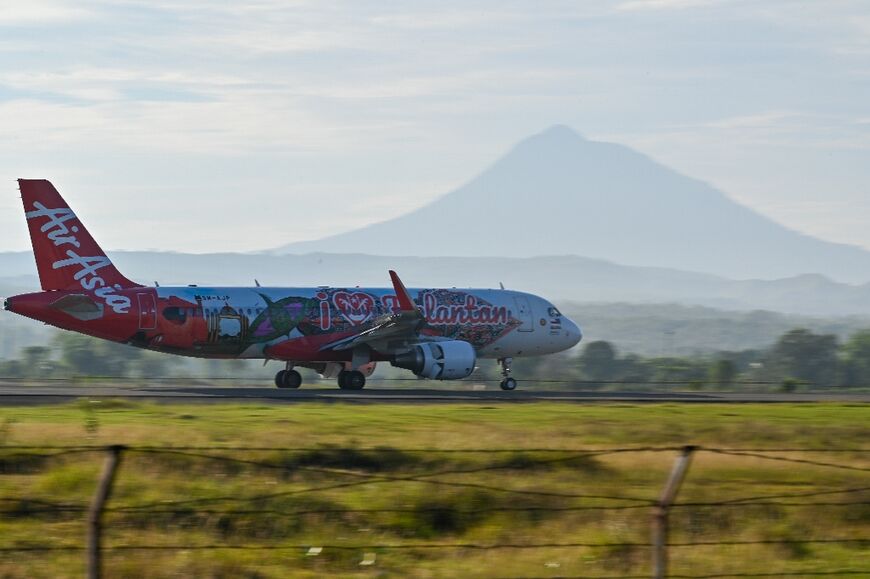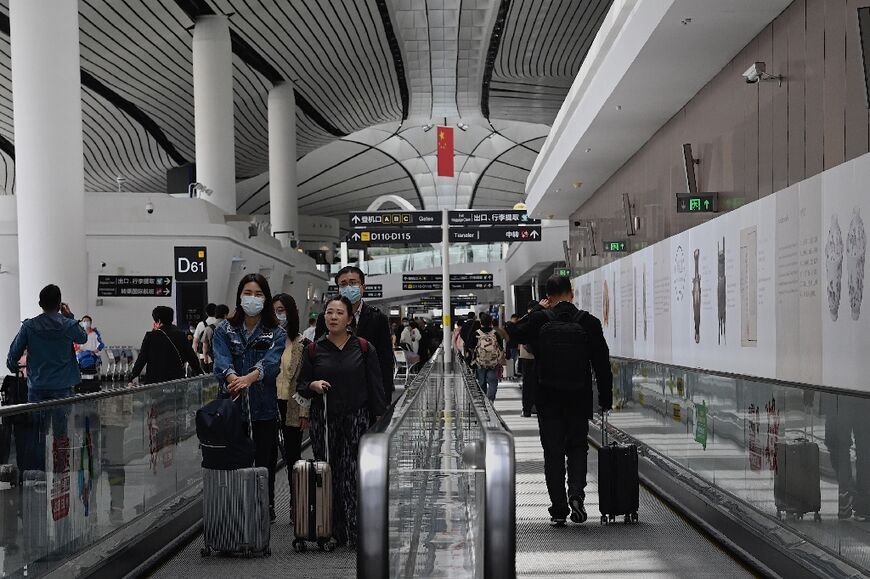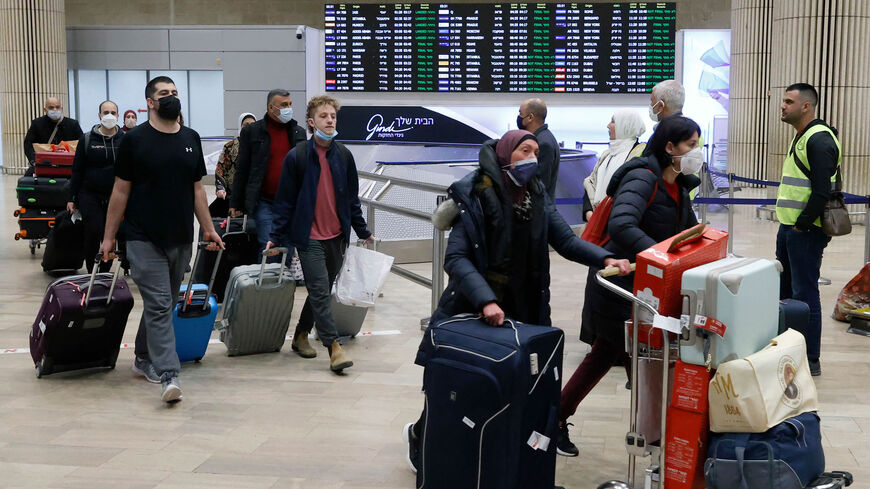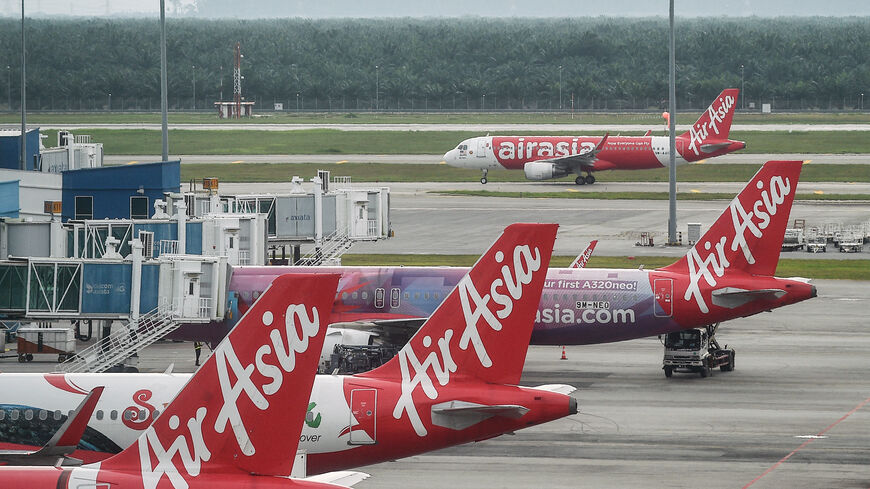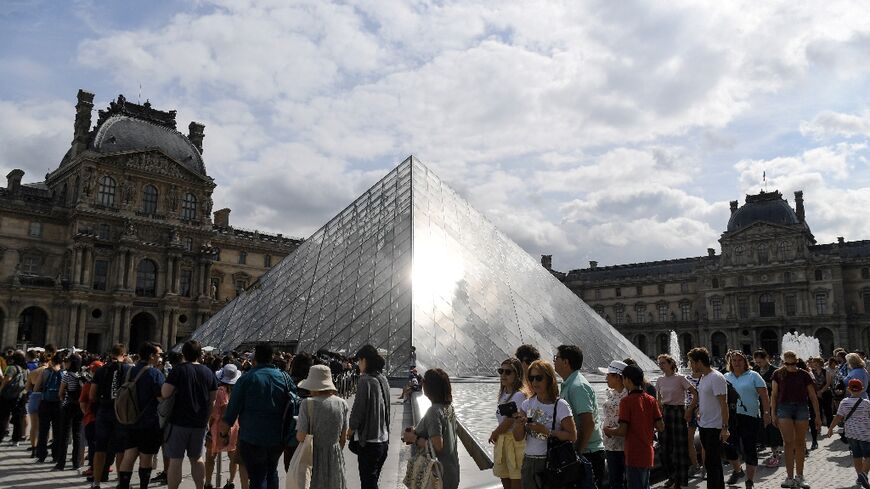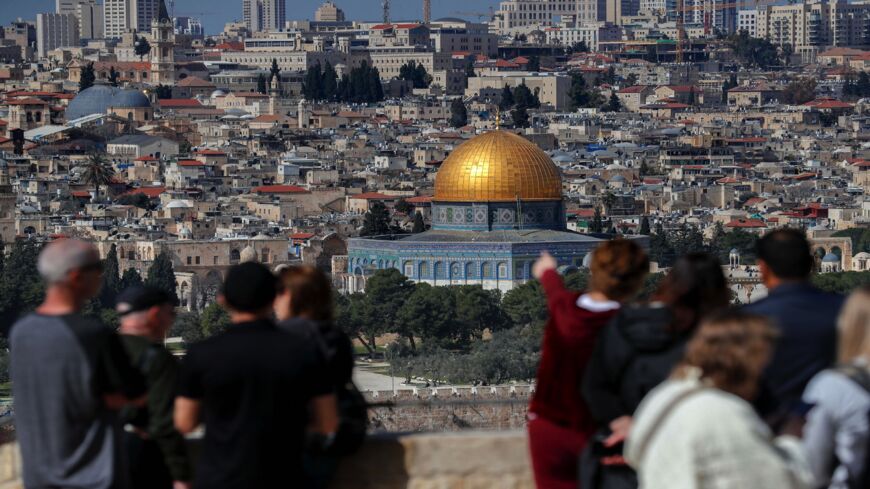Travel industry looks to Chinese tourists to cap post-Covid rebound

The return of Chinese tourists to destinations worldwide will top off a spectacular post-coronavirus global tourism revival this year, according to industry leaders.
Jet makers, airline executives and hotel tycoons at this week's Qatar Economic Forum spoke of an apparently insatiable demand for travel. Chinese tourists, now unshackled from Covid-19 restrictions, will complete the boom, they said.
"The desire to travel has never been greater and the industry is struggling how to respond to that demand," said Boeing chairman David Calhoun as he told of the aviation giant's battle to meet demand for jets.
Leisure travel has overtaken business as the main reason for taking a plane or booking a room, according to Sebastien Bazin, head of Accor, Europe's biggest hotel group.
The northern hemisphere summer travel season is expected to send airline traffic back to levels last seen before the pandemic erupted in December 2019.
Executives said China's free-spending tourists will play a key role in the revival, while putting new pressure on the travel industry.
Hotel group Accor has predicted that "millions" of Chinese could boost travel industry coffers in coming months.
Akbar Al-Baker, Qatar Airways' chief executive, said all of its planes leaving China are "absolutely packed".
"Not only are they paying the fares that I am asking due to the lack of capacity available to them, but also the amount of money they spend in our duty free at (Doha) airport is more than any other nationality," he added.
William Ellwood Heinecke, the billionaire Thai-American owner of the Minor International hospitality group, said that in the first quarter of 2023 the number of Chinese tourists in Thailand was 85 percent lower than in 2019.
"I think we are definitely in rebound, but more importantly we haven't seen China come back yet," he said, predicting the boom would be completed in the second half.
- 'Strange position' -
Tony Fernandes, a Malaysian tycoon whose conglomerate includes the AirAsia budget carrier, said he hoped to have all 250 planes in his fleet, which were grounded during Covid-19, running again by August.
"We are in a strange position where one minute we were fighting for survival, then restarting 200 planes which is a massive job."
Earlier this month, Dubai-based Emirates Group announced record full-year profits of three billion dollars, trumpeting a "full recovery" from the pandemic.
Fernandes said airline and credit card data indicated that leisure travel was now a key consumer priority.
Bazin said his group's 5,400 hotels had seen a "total shift" in travel habits.
For decades, big hotel chains had two-thirds business customers and one-third leisure.
"Now that mix is probably going to be reversed. We are already 55 percent leisure and 45 percent business," Bazin said, describing a "remote working" revolution.
Twice a month, a new class of tourist leaves home on a Wednesday night, travels for less than three hours and only returns the following Tuesday, he said. "That means that on Thursday and Friday and Monday, they work remotely."
The industry could not assess how much is leisure and how much business, Fernandes said.
Hotel and airline owners defended the higher prices they are now charging.
"We have been through two years of hell," said Bazin, noting fares for luxury rooms are about 33-35 percent higher than 2019, while economy rooms are 10-12 percent higher.
The hotel industry had to recoup billions in lost revenues, he said, while it was now more difficult to find and keep staff.
"We are not taking advantage of people," said Bazin.
"Anyone using low interest rates, low labour costs and low energy prices to make their model work -- it ain't going to work any more," added Ellwood Heinecke.
Travellers are now paying a "sensible price" for plane tickets, Fernandes insisted.
